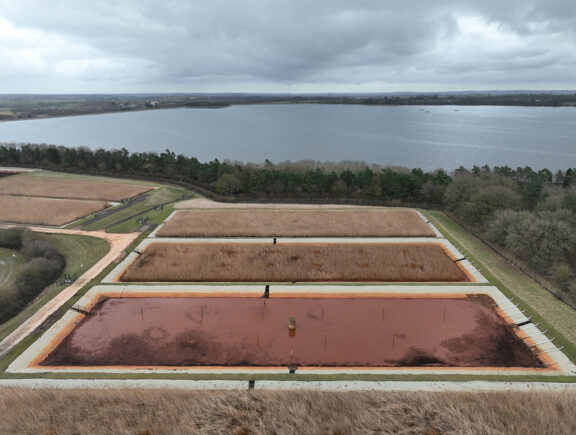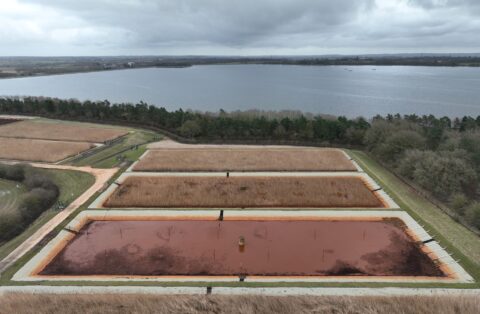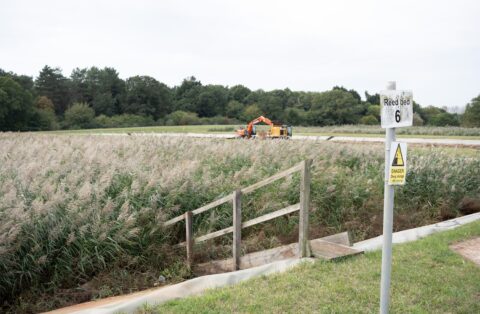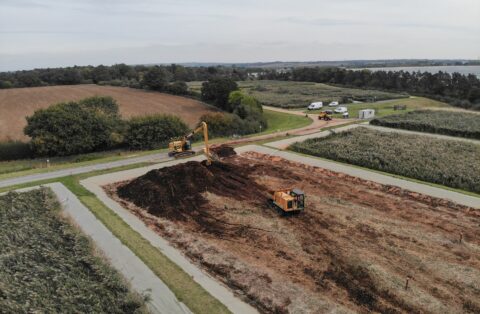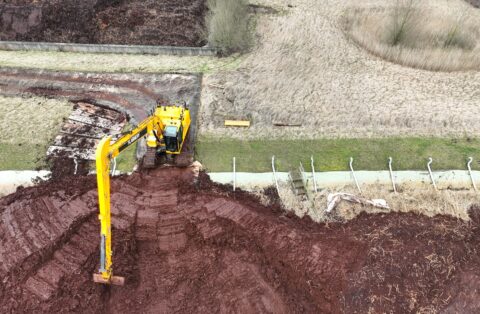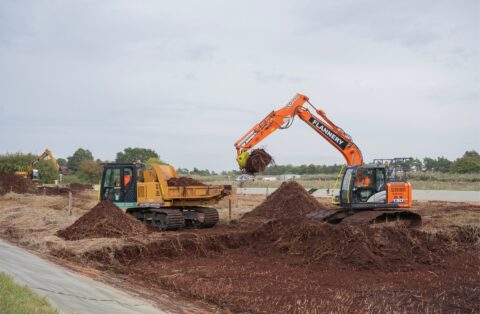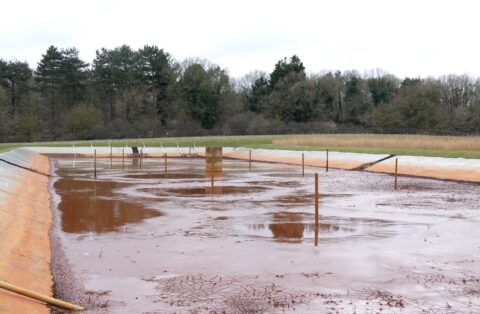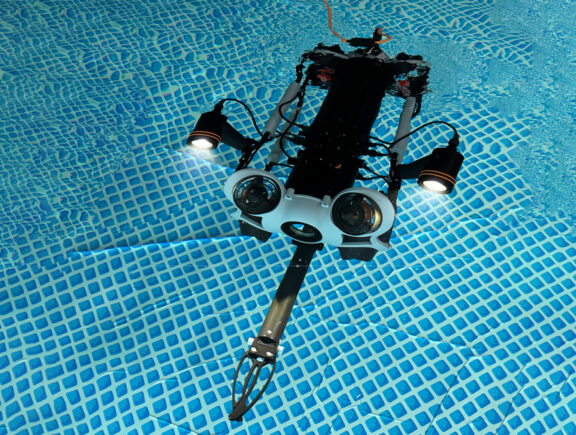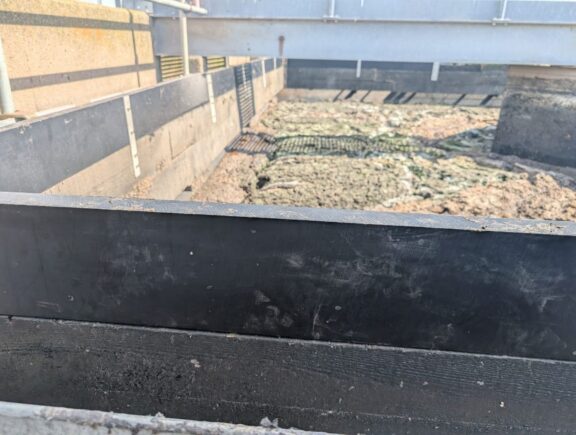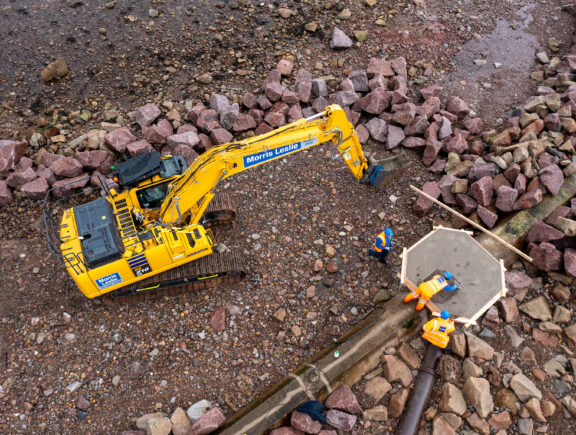Reedbeds are a form of constructed wetland which provides natural filtration of raw and wastewater to improve water quality. After time, reedbeds can become overgrown and blinded with sediment preventing effluent from effectively filtering through the system, therefore require refurbishment every few years.
After an investigation revealing the baseline was in good condition, Stonbury and its client agreed to a new method to restore the reedbeds which involved minimal disruption to the existing roots, sand, and pipework to encourage rapid reed re-growth, reduce the environmental impact and return the asset back to service faster.
Using specialist excavator equipment and specially-trained operatives, the senesced reeds were cut, taking care to preserve the rhizome and around 250mm of growing medium. Around 4700 tonnes of sludge material were removed from the reedbed and left to dry out for three months in a designated storage area before being transported offsite for Waste Acceptance Criteria (WAC) testing and sustainable repurposing.
The programme is providing significant benefits for both our client and the environment. Utilising a minimally disruptive method aims to reduce the anticipated carbon footprint and enable the completion of the framework within four years instead of the originally proposed eight, and by purposing the waste material locally, the project has contributed to a circular economy.
